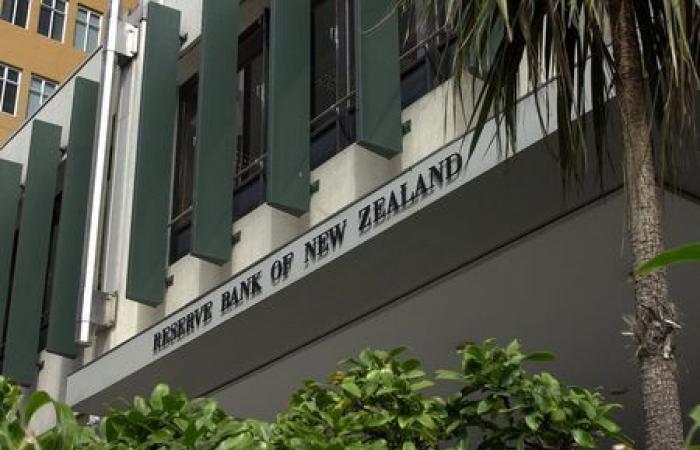New Zealand’s economy grew faster than expected in the first quarter, but remained weak as strong population growth masked its weakness, and did not change market sentiment on the outlook for interest rates. interest in the face of galloping inflation.
Official data released on Thursday showed that gross domestic product (GDP) grew by 0.2% in the March quarter, slightly higher than analysts’ forecasts of 0.1% growth, but in line with the expectations of the central bank.
Annual GDP increased by 0.3%, according to Statistics New Zealand data. The market was expecting an increase of 0.2%.
Westpac senior economist Michael Gordon said while the data was slightly better than expected, few details changed their view of the underlying weakness.
“We expect growth to remain minimal over the course of this year and, indeed, recent indicators suggest the June quarter is looking quite weak,” Mr Gordon said.
The New Zealand dollar rose from NZ$0.6130 to NZ$0.6143, with the data close to expectations. Bond yields have fallen slightly, but due to global pressures.
Data from Statistics New Zealand showed half of industries grew, with the agriculture, forestry and fishing sector growing by 0.4 per cent. The construction, business services and manufacturing sectors all declined.
ASB senior economist Kim Mundy said strong population growth continued to mask weakness in New Zealand’s economy over the past 18 months or so.
Annual GDP per capita fell by 2.4%.
Ms Mundy added that the first quarter GDP figures will not be a game changer for the Reserve Bank of New Zealand (RBNZ), which warned in May that interest rates were unlikely to be cut before 2025, because it fights against inflation.
The RBNZ undertook its most aggressive policy tightening since 1999, when the official cash rate was introduced, increasing it by 525 basis points since October 2021 to 5.50%.
“After a prolonged period where demand has outstripped supply, we need demand to remain below the economy’s productive capacity for some time to rebalance the economy and bring inflation sustainably back to target ” said Mr. Mundy. (Reporting by Lucy Craymer; Editing by Sandra Maler and Sonali Paul)






